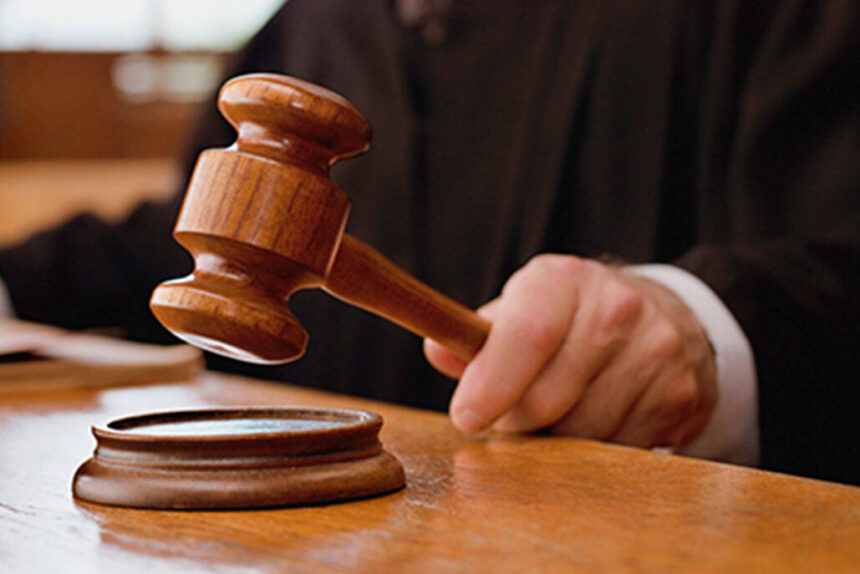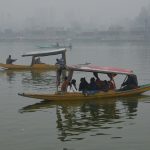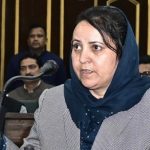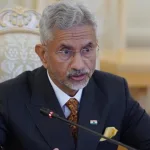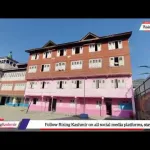The District Legal Services Authority (DLSA), Srinagar, has organised the second National Lok Adalat at the District Court Complex to expedite justice and reduce case pendency.
The event saw numerous disputes resolved on the spot, particularly in family matters, insurance claims, bank recoveries, traffic challans, and civil cases.
Justice Sanjeev Kumar, Executive Chairman, J&K Legal Services Authority, told reporters that he had been personally monitoring the National Lok Adalat.
“I have been personally monitoring the National Lok Adalat for some days. We also held some meetings to ensure good progress. We persuade both parties to resolve their differences amicably. My special focus was to ensure that the real disputes are settled,” he said.
Presided over by judges, the Lok Adalat provided a platform for litigants to settle disputes amicably through dialogue and conciliation. The initiative, part of a nationwide effort under DLSA, aims to offer swift and cost-effective justice while easing the burden on regular courts.
Judicial officers, legal practitioners, and litigants participated actively, reinforcing trust in alternative dispute resolution. The successful settlement of cases brought immediate relief to parties involved, highlighting the effectiveness of Lok Adalats in delivering grassroots justice.
In March, the National Legal Services Authority (NALSA) conducted the first National Lok Adalat of 2025 across taluks, districts, and High Courts in 34 states and Union Territories.
This initiative, spearheaded by Patron-in-Chief Justice Sanjiv Khanna, Chief Justice of India, and Executive Chairman Justice Bhushan Ramkrishna Gavai, Judge, Supreme Court of India, promotes access to justice via alternative dispute resolution mechanisms.
In line with the Legal Services Authorities Act, 1987, and Lok Adalat Regulations, 2009, it offers a statutory platform for cost-effective and amicable dispute resolution, providing final awards.
The first National Lok Adalat of 2025 successfully resolved a wide range of disputes, including pre-litigation and pending cases like criminal compoundable offences, traffic challans, bank recovery matters, motor accident claims, cheque dishonour cases, labour disputes, matrimonial disputes (excluding divorces), land acquisition cases, IPR issues, and consumer matters. (ANI)


